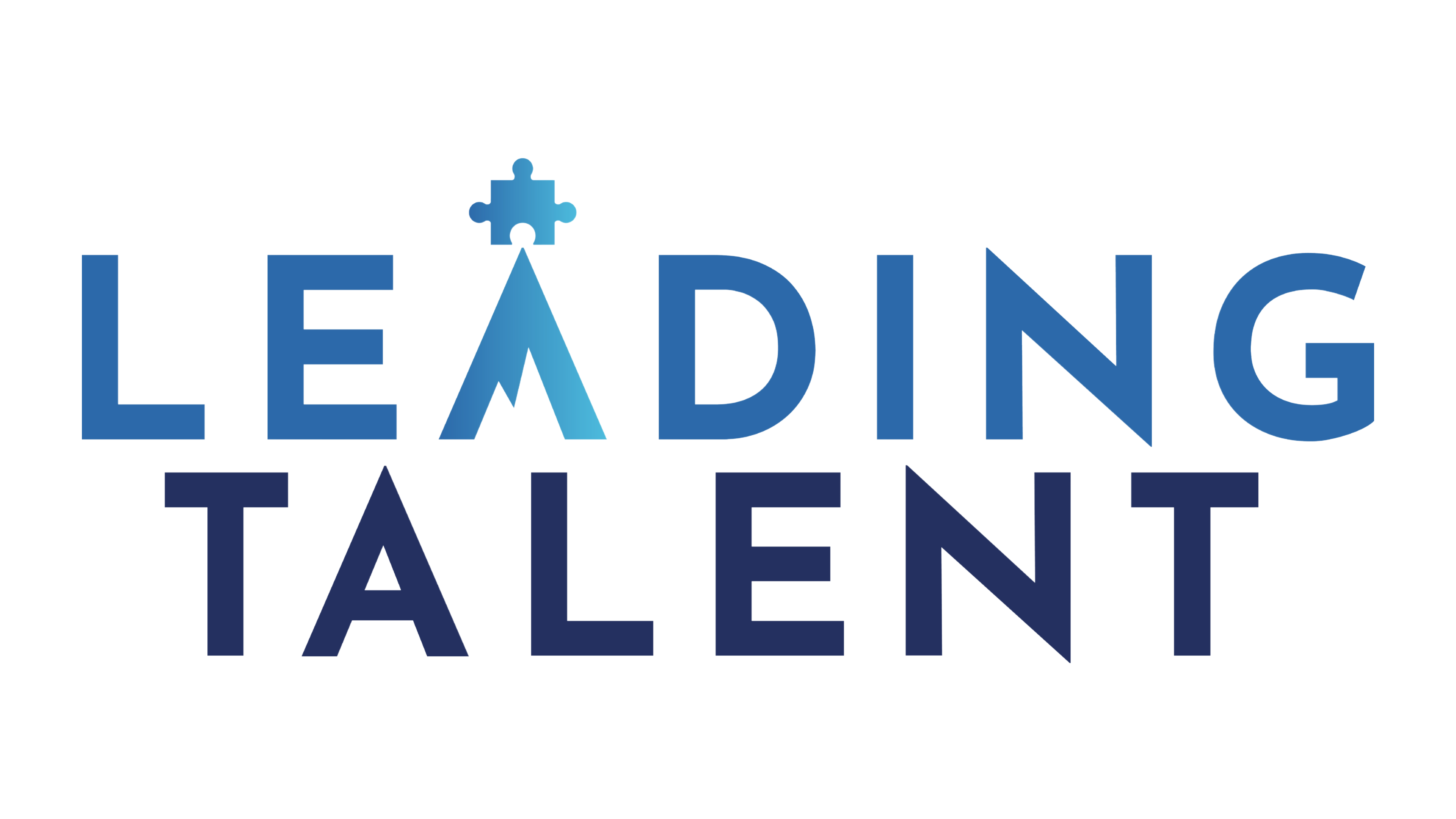How does AI and Law correlate in the 21st century?
As we are in a society heavily influenced by technology, it is fundamental that the ever-changing and rapidly advancing technologies that we use are controlled to a certain extent.
From preventing data breaches to stealing sensitive information (discussed in both (26) Will AI Take Away Musicians? A Tech News Thursday Newsletter | LinkedIn and (26) Data Breaches and Vulnerabilities within an Organisation | LinkedIn ), the legal systems across the world ought to put upon creators of AI measures to limit the extent one can go to create ‘the next best thing’ before we begin to find our livelihoods (and jobs for that matter) taken away from us.
Now that is a melodramatic example considering not everyone’s livelihoods have been stripped from them due to AI; however, there is the very clear possibility of this happening in years to come.

It is undeniable that the advancements of AI has indeed benefited our lives in more ways than one could imagine. Being able to enter a store and leave with your groceries without the need to see a cashier is an evident example of the benefits AI has brought to our daily lives.
With this benefit of AI comes a great downfall, however. Applied to this situation, the need for jobs will increase within the retail sector, and the risk of information being breached is imminent.
Could this essentially be the beginning of a consumer’s sensitive information being stolen or certain information being harvested without their knowledge?

As discussed by Dr. Lance Eliot, a world-renowned expert in AI, there are vital insights that the lawyers of today ought to know regarding the idea of generative AI (seen in Vital Insights That Law Firms And Law Partners Need To Know About Generative AI For Their Legal Practices (forbes.com))
Under subheading 3 of Dr. Lance Eliot’s ‘ Fifty Must-Know Crucial Golden Nuggets About AI And The Law That You Need To Know (forbes.com) ‘ it is distinguished that the bridge between the ‘applying the law to AI for the purpose of governing and regulating the use of AI’ and ‘applying the use of AI to the law for uses such as aiding lawyers’ are two very intertwining concepts, yet so very different.
For example:
As recently set out in Section 10 of the Executive Summary by the GOV website, A pro-innovation approach to AI regulation – amended (web-ready PDF) (publishing.service.gov.uk) sets out the fact that the law will be applied with five principles in mind:
- Safety, security and robustness
- Appropriate transparency and explainability
- Fairness
- Accountability and governance
- Contestability and redress
Ultimately, distinguishing the idea that regulations will be applied in the public’s best interest, especially when it comes to these five principles,
Do you think AI has to be regulated more sternly?
Regarding the concept of ‘applying the use of AI to the law for uses such as aiding lawyers’ it was discussed, again by Dr. Lance Eliot in ‘ Lawyers Getting Tripped Up By Generative AI Such As ChatGPT But Who Really Is To Blame, Asks AI Ethics And AI Law (forbes.com) ‘, that some legal professionals may have relied too heavily on Generative AI, which resulted in mistakes being made.
One can argue that laws can be argued and debated about, but when it comes to factual situations in a professional setting, one cannot rely solely on AI to draft ideas and arguments due to the fact that AI can be faulty, biased, or even appear discriminatory.
So, do you think AI ought to be regulated more sternly across all nations, or do you think it is acceptable for lawyers to solely rely on generative AI for professional purposes?
